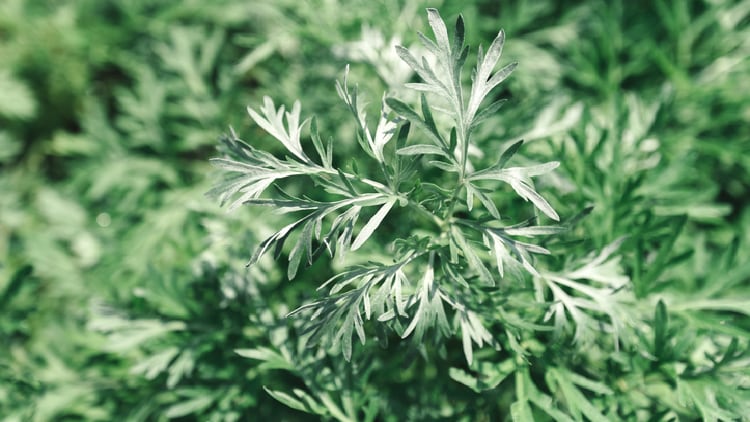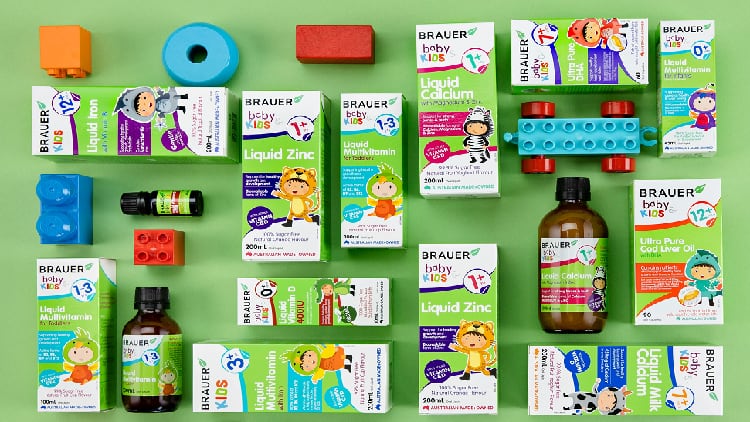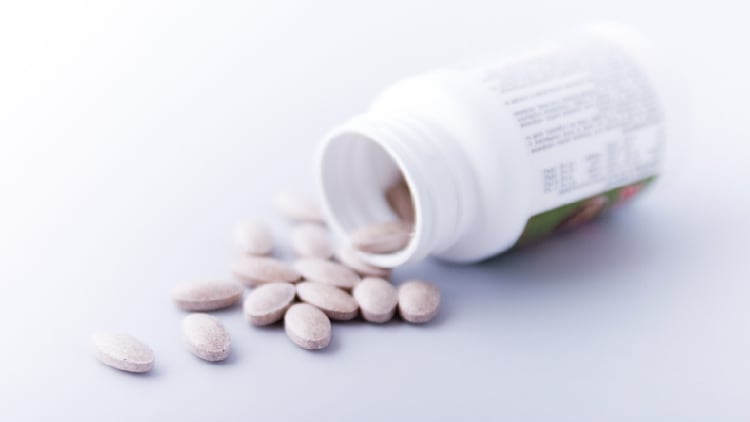It also issued a warning to consumers and health professionals that listed medicines containing the botanical may pose a risk during pregnancy.
Most supplements in Australia are classed as listed medicines – with sponsors able to 'self assess' their products in some situations. The majority of listed medicines are self-selected by consumers and used for self-treatment.
The Artemisia species has been traditionally used for gastrointestinal disorders and certain infections.
Recently, it has come in the spotlight as an ingredient that had played an important role in historical pandemics. It is also used with curcumin on COVID-19 patients in a clinical trial.
“The TGA is aware of evidence that indicates the use of Artemisia species in listed medicines may also be unsafe during pregnancy.
“Extracts from Artemisia annua have been shown to harm the developing embryo in animals. These types of studies are used to identify risks for medicines used during pregnancy in humans,” the TGA said.
One of the chemicals found in several Artemisia species is Artemisinin.
Consuming the chemical and its related compounds is associated with risk of miscarriage, especially in the first three months of pregnancy.
It has also shown to result in developmental abnormalities in animals, the TGA added.
At present, several supplement brands on the market already advise pregnant and nursing women over the use of products containing artemisia.
The TGA will now investigate the level of risk associated with 12 different Artemisia species currently permitted for use in listed medicines.
Of the 12 species, six species are already used in listed medicines.
They are 1) Artemisia absinthium, aka wormwood, 2) Artemisia argyi, aka Chinese mugwort/aiye, 3) Artemisia frigida aka North American artemisia/prairie sagewort, 4) Artemisia herba-alba aka North African artemisia/sheih, 5) Artemisia annua aka Chinese wormwood, and 6) Artemisia vulgaris aka mugwort.
Although it has not received any complaints on the use of artemisia-based supplements during pregnancy, it anticipates that new requirements will be introduced to warn consumers of the potential risk during pregnancy following the investigations.
Animal models
A review conducted by Indian researchers said that Artemisia absinthium – a species that TGA has permitted for use in listed medicines – could cause birth defects.
It could also lead to the potential excretion of neurotoxins in breast milk, and thus the researchers have categorised it as an herb that is unsafe for use in pregnancy and lactation.
On the other hand, other artemisia species not listed in TGA’s permitted list have been shown to cause miscarriages.
They include the Artemisia monosperma and Artemisia herba-alba species.
A 2010 study conducted by the University of Jordan observed that the administration of 150 mg/kg or 300 mg/kg of the leaf extract of Artemisia monosperma on day three to five of gestation exhibited a decrease of viable foetus implantation.
The administration of 50 mg/kg or 300 mg/kg on day 10 to 12 of gestation exhibited dramatic mid-term abortion.
A 2018 animal study from Morocco found that Artemisia herba-alba had significantly decreased fertility ratio.
Both groups of researchers have discouraged the use of the botanicals during gestation.





